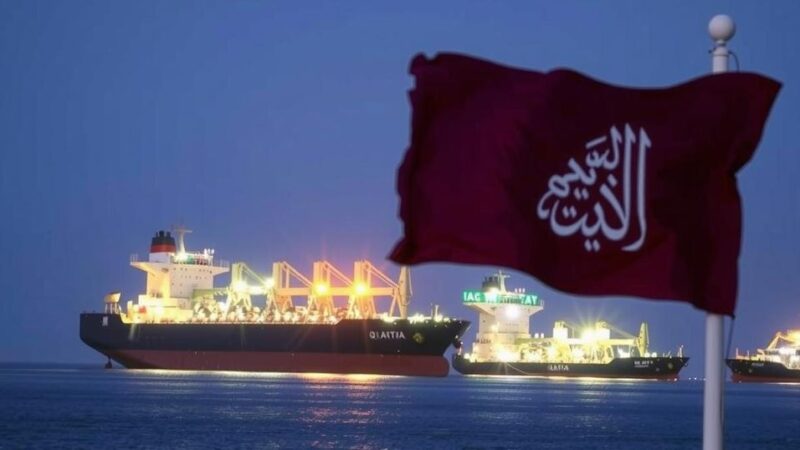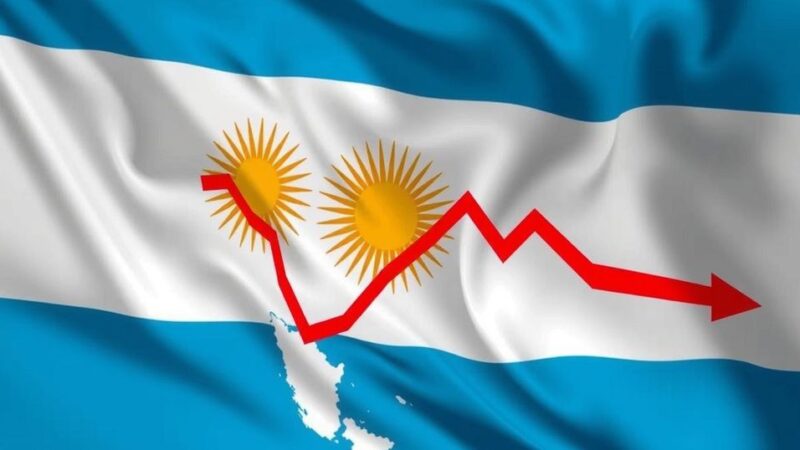The Democratic Republic of Congo has filed criminal complaints against Apple in France and Belgium, accusing the company of using conflict minerals sourced from armed groups. Lawyers claim Apple’s supply chain is tainted with ‘blood minerals’ that finance violence and contribute to human rights abuses. In its defense, Apple argues that it adheres to international standards for responsible sourcing and conducts independent audits of its supply chain. The legal proceedings signal heightened scrutiny of tech companies’ mining practices in conflict-ridden regions.
The Democratic Republic of Congo (DRC) has initiated criminal proceedings against Apple in both France and Belgium, accusing its subsidiaries of profiting from conflict minerals. Lawyers representing the Congolese government allege that Apple is complicit in the activities of armed groups controlling mines in eastern DRC, which are tied to human rights abuses including forced labor and environmental destruction. In response, Apple asserts that it monitors its supply chain to avoid using minerals sourced from conflict zones, touting independent audits and the removal of non-compliant smelters as evidence of its commitment to responsible sourcing. Authorities in France and Belgium are now examining the evidence to determine the viability of further legal actions against the tech giant. Furthermore, the situation underscores the ongoing cycle of violence fueled by the mineral trade in the DRC, with claims that minerals are laundered through international supply chains, exacerbating the humanitarian crisis in the region.
Apple’s 2023 review emphasized its efforts to exceed internationally recognized due diligence standards and implement effective tracking of mineral sources. However, rights organizations continue to raise concerns about the link between their global supply chains and the financing of militia activity that perpetuates violence in the DRC, with neighboring Rwanda also implicated in the illicit trade. Rwanda has dismissed the Congolese legal claims as merely a publicity tactic, denying any involvement in supplying conflict minerals to Apple.
The Democratic Republic of Congo is rich in natural resources, particularly minerals like tin, tantalum, and tungsten, which are crucial for technology manufacturing. However, the extraction and trade of these minerals have long been marred by violence and human rights abuses, as armed groups control many mines in eastern DRC. These groups allegedly finance their operations through the sale of conflict minerals, leading to ongoing conflict and suffering in the region. The international community, including major tech firms like Apple, faces mounting pressure to ensure that their supply chains do not contribute to this cycle of violence. The legal actions taken by the Congolese government aim to hold corporations accountable for their sourcing practices related to these controversial materials.
In conclusion, the legal allegations against Apple by the Democratic Republic of Congo highlight the interconnectedness of global supply chains and human rights issues in resource-rich regions. As authorities investigate these claims, the outcome may influence corporate practices and emphasize the need for greater accountability in the procurement of minerals. Apple’s commitment to ensuring responsible sourcing will be put to the test as this situation develops, serving as a pivotal moment in the ongoing discourse surrounding conflict minerals.
Original Source: www.bbc.com







